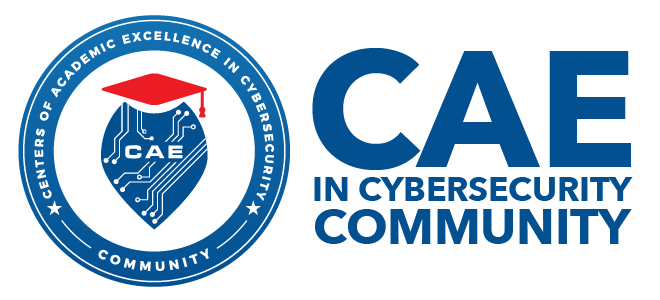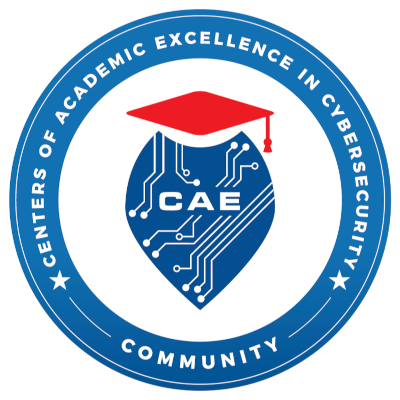Modern power grids, such as smart grid and micro-grid systems, have various intelligent and sophisticated controllers at all stages of generation, transmission, sub transmission, distribution, and customer ends. Moreover, renewable energy sources (wind generator, photovoltaic systems, etc.) are being connected to the grids through various power electronics components and energy storage systems (ESS). According to a recent report, solar and wind together represent roughly 10 percent of the world’s installed capacity. These power electronics devices as well as energy storage systems are also based on robust and intelligent controllers that may have internet-connectivity for their real-time operations.
However, there is a high possibility of cyber-attacks at those control and communication systems, which may be adversely effected and consequently major power disruptions or even blackouts may happen. ESS are important assets in power grids, capable of providing several essential services to systems dominated by intermittent renewable energy resources. Cybersecurity attacks exploit vulnerabilities in communications or control systems to disrupt system operations or execute malicious actions. With the advent of distributed energy resources (DER), which include consumer-owned small ESS often connected to public networks, the attack surface has greatly increased. This fast pitch will cover the basics of cybersecurity issues with the smart power grid, and also will discuss about the smart grid security workshop held at the University of Memphis on March 25, 2022, for a wide range of audiences.

